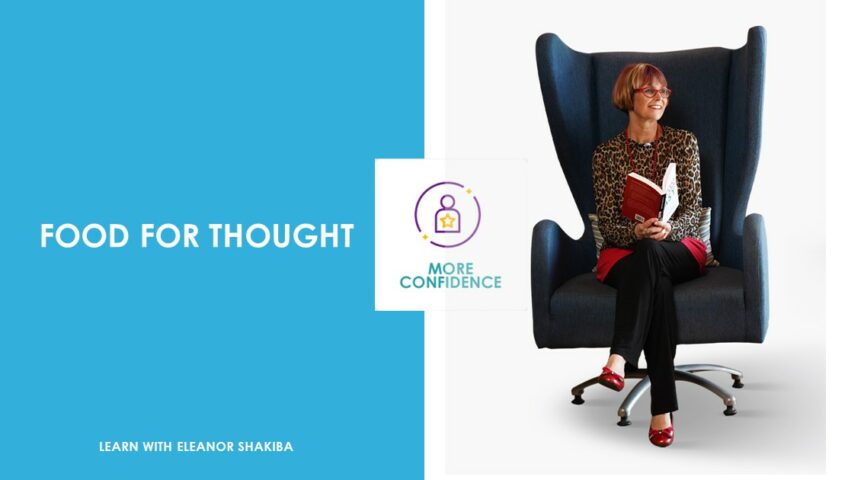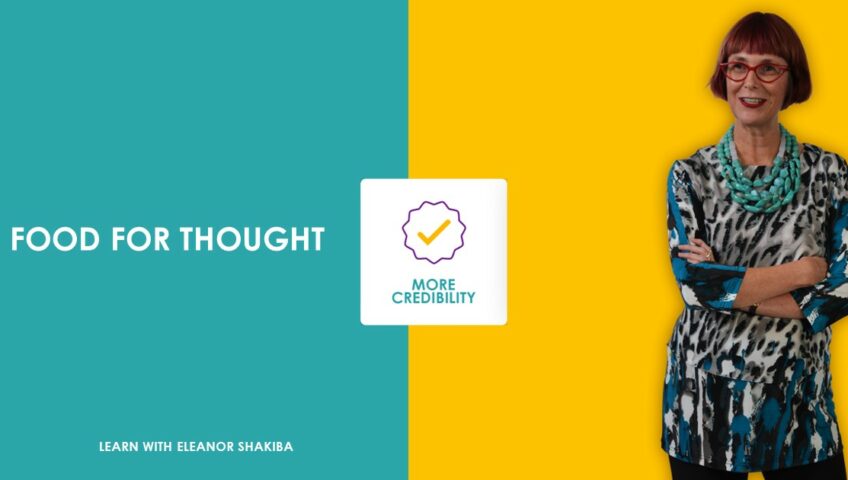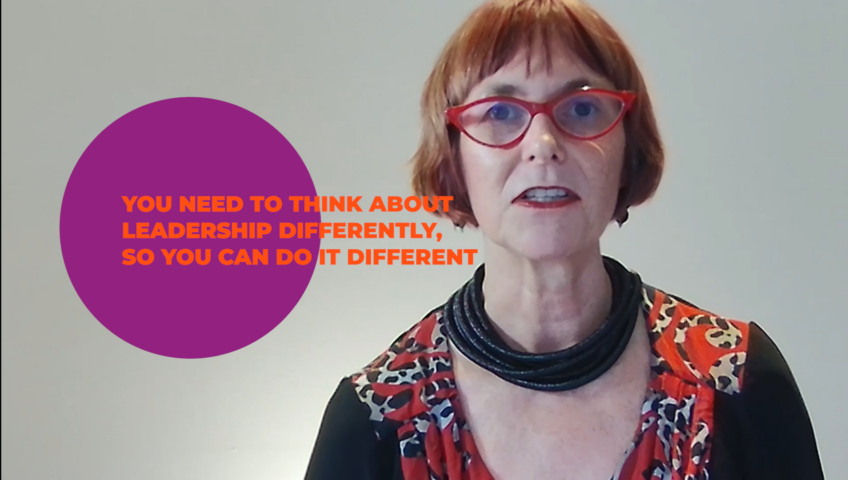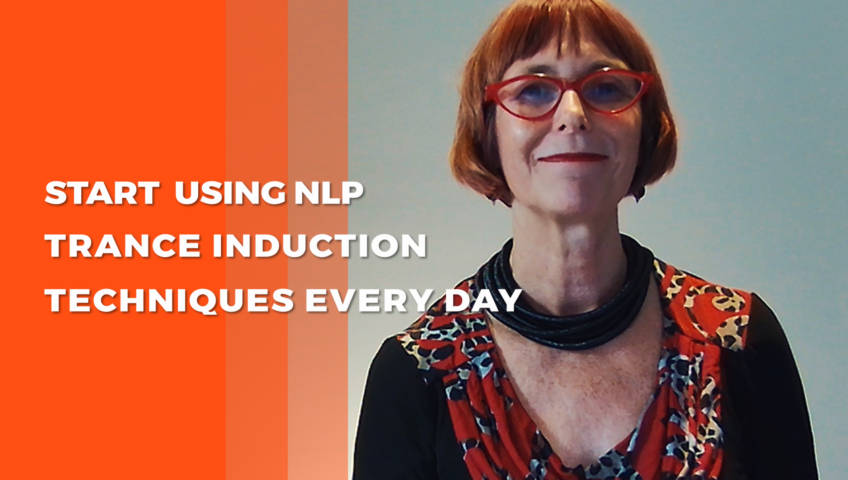Are the toughest challenges in life really within our own minds? This question is a common theme throughout the 10 Ways You’re Stronger Than You Think article from Psychology Today. In this piece, the author examines the power of nostalgia and how it can help people overcome self-doubt and build resilience. It argues that by recalling happy memories and moments of joy, we can tap into personal strengths that have been lying dormant, allowing us to face difficult situations with greater strength and courage.
Exploring what nostalgia is, outlining its definition as a sentimental yearning for the past or feelings of longing for an idealized past. The writer goes on to explain how nostalgia has been proven to be helpful in difficult times, providing a sense of meaning and purpose through remembering pleasant memories. It highlights the science behind the power of nostalgia, and explains how it can help us build our resilience.
The article also examines the importance of self-affirmation in challenging times, arguing that by recognizing our personal strengths we can better cope with difficult situations. It looks at how we can use affirmations to remind ourselves of our worth and potential.
Free e-book and video tips.Get your copy today!
|
|
Managers, business owners and supervisors who often find themselves facing numerous challenges on a daily basis. By using the strategies discussed in this piece, leaders can tap into their hidden reserves of strength in order to better cope with uncertainty or fear during tough times. Additionally, they can draw upon happy memories which will provide them with comfort while helping them remain focused on their goals despite any obstacles they may face along the way.
This empowering program offers guidance on how to use one’s own experiences as fuel for personal growth. It provides tools for building resilience so that individuals can face present struggles with confidence knowing that they have overcome similar hardships before.
In summary, 10 Ways You’re Stronger Than You Think is an inspiring article that explores how nostalgia can give us access to untapped reserves of strength when we need it most. The strategies outlined offer practical advice which is especially useful for managers, business owners and supervisors looking for ways to cope with challenging circumstances while remaining focused on their goals despite any obstacles they may encounter along their journey.
Find out more in the original article here: https://www.psychologytoday.com/au/articles/202203/10-ways-youre-stronger-than-you-think
This article summary was created by Eleanor Shakiba
Eleanor is a leadership trainer, success coach and people skills expert. She helps managers and business owners build thriving teams and organisations, using tools from Positive Psychology. She's trained more than 60,000 people during her career as a corporate trainer and professional development consultant. Her mission is inspiring talented people to become leaders who make a difference.








